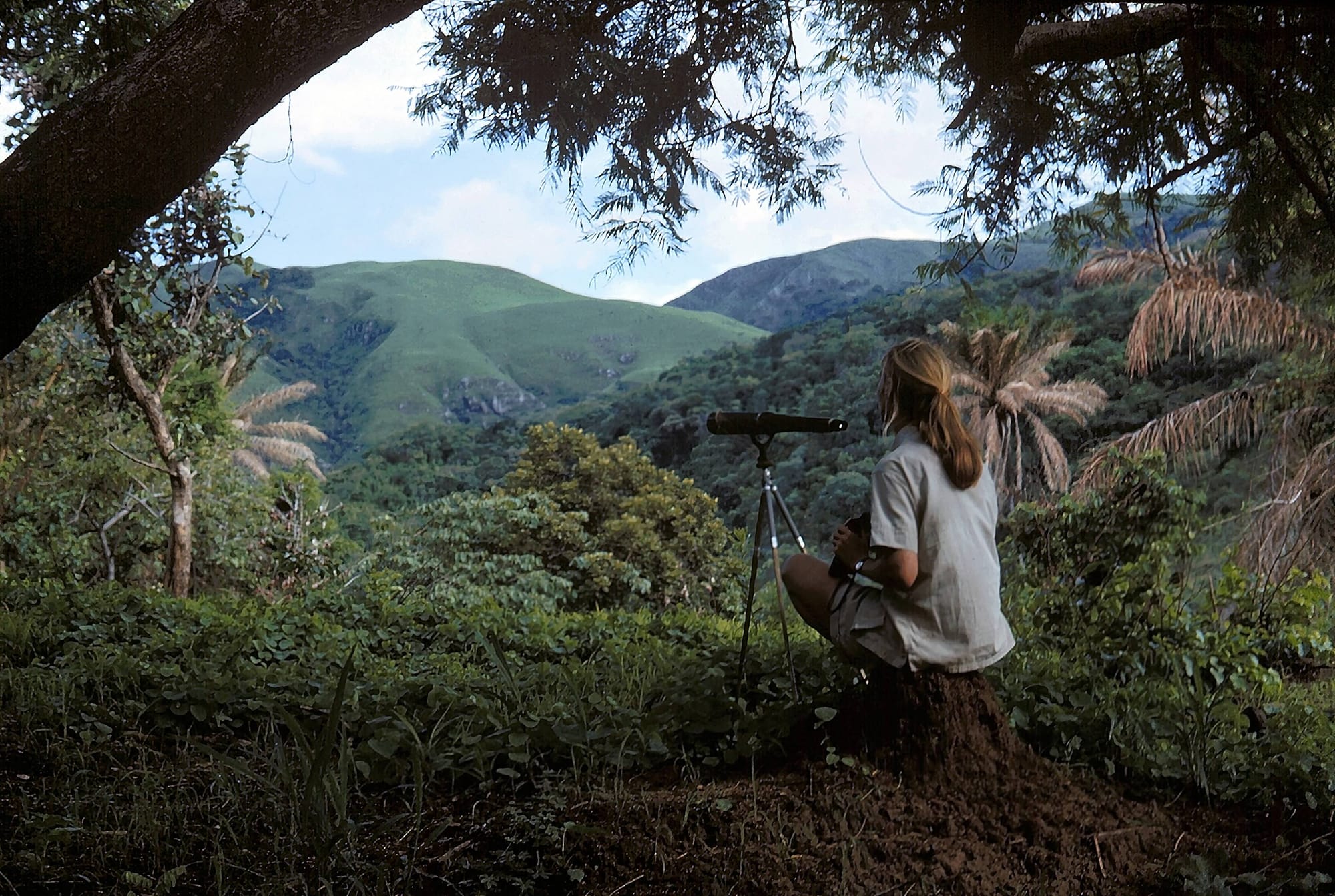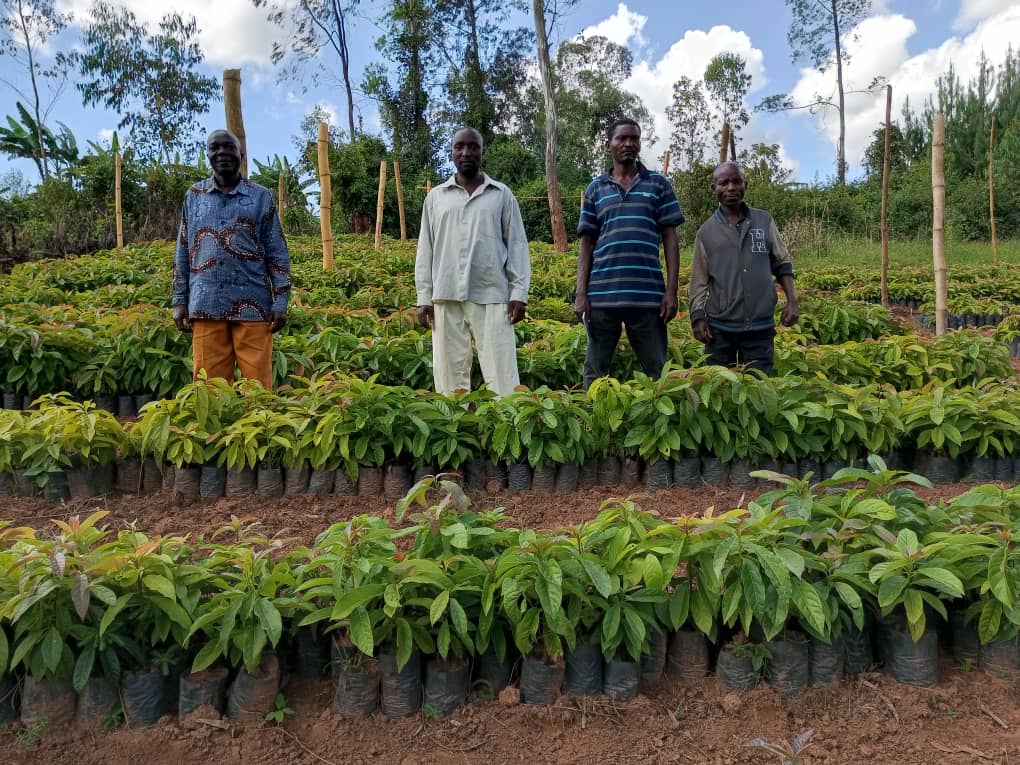It’s been 65 years since a 26-year-old Jane Goodall began her groundbreaking research on wild chimpanzees in Gombe National Park. Her work revolutionized how we think about animals, and our relationship with them.
Dr. Goodall also recognized the importance of involving local communities in effective conservation work. Without the cooperation of the people living around the national park, the chimpanzees would become extinct.

This holistic approach is evident in one of the Jane Goodall Institute Tanzania’s most significant projects: restoring degraded ecosystems in Tanzania’s Gombe Masito Ugalla biosphere reserve. Over the decades, this critical capacity has led to the designation of 700,000 hectares (1,750,000 acres) as district and village forest reserves, and a 50 percent reduction in deforestation rates in the target landscape when compared to a control area. It has been a key factor in restoring forests, watersheds and stabilizing and protecting populations of wildlife such as chimpanzees, elephants, buffalos, and lions.
USAID cuts are dealing a major blow to biodiversity
The Trump administration’s cuts to USAID have seen over 98% of USAID’s conservation, biodiversity and climate-related programs defunded. For the Jane Goodall Institute Tanzania’s work in the Gombe Masito Ugalla ecosystem, for which USAID had pledged $29.5 million over five years, the consequences of these cuts are potentially devastating. Just one impact of these significant, abrupt cuts: Hundreds of thousands of seedlings in 20 nurseries were suddenly at risk of dying, impacting reforestation efforts that are critical for the survival of chimpanzees and the well-being of local communities.

We’ve worked closely with the Jane Goodall Institute over the past five years, planting nearly two million trees to restore chimpanzee habitats and safeguard biodiversity in Uganda. So when our friends at the Institute got in touch about the at-risk seedlings in Tanzania, we acted fast.
Planting trees to save the chimpanzees’ home
Together with JGI Austria, we've focused on a crucial reforestation aspect of the broader project. Our pledge of $100,000 over three years will enable JGI Tanzania to continue its reforestation work in the Gombe region, saving 360,000 seedlings, and preserving local jobs dedicated to their care. It will ensure 20 tree nurseries can continue growing endemic, native species, including valuable food sources such as avocado, lemon and mango. Once planted, the trees will restore large areas of cleared forest and provide migration corridors and essential habitats for endangered species, including chimpanzees.
Alongside the funding, we’ll be providing additional operational support like satellite imagery and local monitoring to ensure the trees flourish. We’ll apply our usual holistic approach to the project, supporting farmers and promoting agroforestry practices that enhance soil health and boost crop yields.
This partnership shows that even when hope feels lost, people and partnerships can still drive climate action. Thanks to the support of Ecosia’s 20 million users, we’re standing with the Jane Goodall Institute to protect habitats, support local communities, and defend biodiversity, one tree at a time.